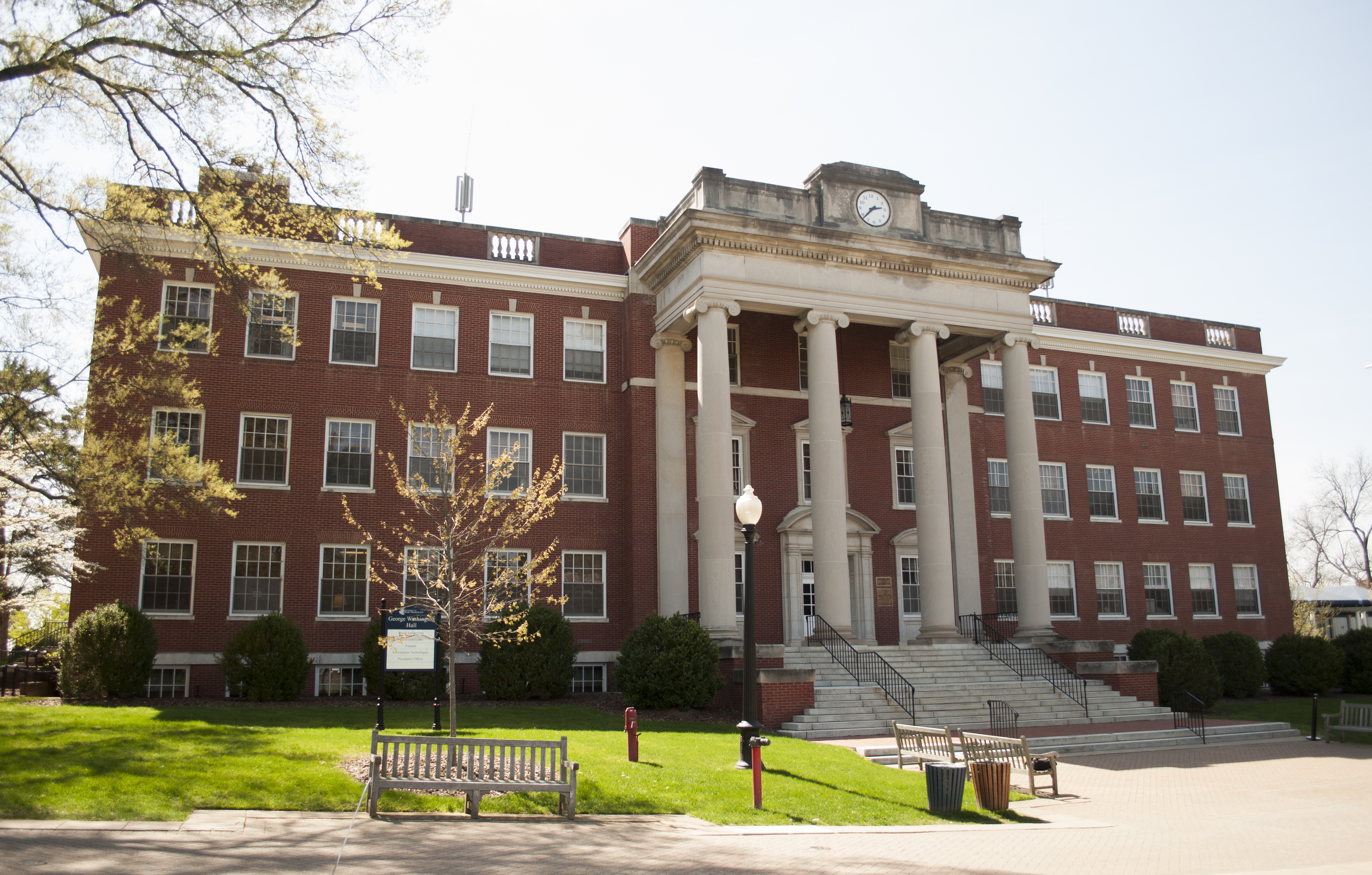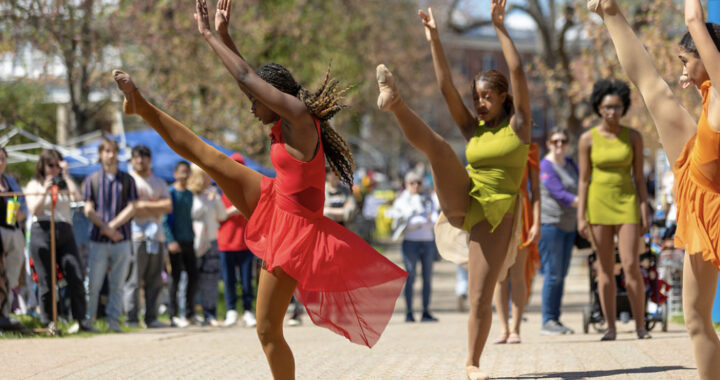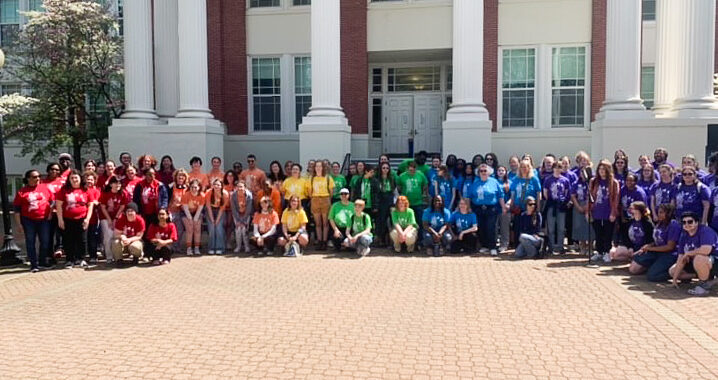Where does funding go: Students weigh in on how UMW should spend their money
3 min read
By RACHEL FINSTON
Senior Writer
Recently there have been concerns from students about academic funding at The University of Mary Washington, specifically surrounding the budget of individual majors within the academic colleges. According to information provided by the office of Marty Morrison, the majors with the highest funding are, in descending order, English, biology and business administration.
There are 280 declared English majors at UMW, which is the largest number out of the three majors. The present concern is over the distribution of funds. Students have many opinions about how the university could be using their money more effectively.
“Maybe by not building a 56 million dollar building we don’t need,” said Kelsey Welsh, senior English major. Her comment is in reference to the University Center. The building replaced Seacobeck Hall as the main dining area on campus; it houses offices for administrators, the James Farmer Center and Student Activities and Engagement.
Welsh commented that students only really use the four-story structure for dining purposes. Some students do use SAE resources for club activities, but there are concerns that the University Center isn’t serving much of a purpose for the students but for the administration.
Other English majors agree, with senior Tara King saying that university funds go to, “aesthetics, outside, pretty stuff.”
Krystiane Urbaniak, another senior English major, concurred that funding should be split. “The funding for each department should be weighted based on how many students are enrolled in the department’s programs,” said Urbaniak.
In terms of the business major, which has recently been moved into a new building, the funding delegated makes sense. “It is one of the few graduate programs that we have here [on this campus] so additional funding is needed for that because they have to do night classes and online stuff, all that jazz, said junior art major, Ellie Nielsen. “Business is a very profitable major, just in terms of the opportunities it gives people post-graduation.”
The importance of the new building can be explained by general overcrowding. Business had previously been housed in duPont, the Theatre building. The budget for the sciences can easily be explained as well.
“They have like microscopes and dead frogs, I feel like all that stuff would be pretty expensive.” said senior English major, Kelsey Welsh.
“For the bio department, I think the funding is probably adequate [however] the chemistry department could use more funding, a lot of the equipment needs to be replaced,” saidjunior biology major, Emily Contompasis. “For the university as a whole, I think they waste a ton of money on unnecessary things, like the giant, useless television screen in the HCC and campus dining is a whole other issue.”
When asked what areas appear neglected, Ellie Nielsen said, “art and art history are horribly underfunded… I call it the arts complex, because that’s what it is, duPont, Pollard and Melchers, currently, there is a leak- they patched it, but it’s an ongoing concern- in the photo studio and the place that it leaks into is right above the lights in the ceramics studio which means when it is leaking the lights have to stay off or else we could all get electrocuted.”
This poses a significant safety problem for art students. The school website lists the combined majors in art and art history as “over one hundred” which could be a reason why arts are not among the top three funded majors.
When asked what areas received unjustified funding, most students had similar answers. “Sports,” said Cara Dudley, senior historic preservation major. “We don’t even fill the Anderson Center.”
Nielsen agreed, “We don’t have enough hype to fill an arena. I think it’s good that we have sports programs, I think that the size that we give to them is gigantic considering that they’re not allowed to accept sponsorships.”
Nielsen also said, “UMW needs to sort of find its image, because we brand ourselves as a liberal arts school but we spend so much money on the sciences and business and on sports and you know, we’re not the University of Virginia, we’re not VCU, we’re us.”
*Editor’s Note: This article has edited to better reflect the funding process for the athletic department. Some of the quotes were taken out of context and stated that all of the funding going to the mens basketball team.











